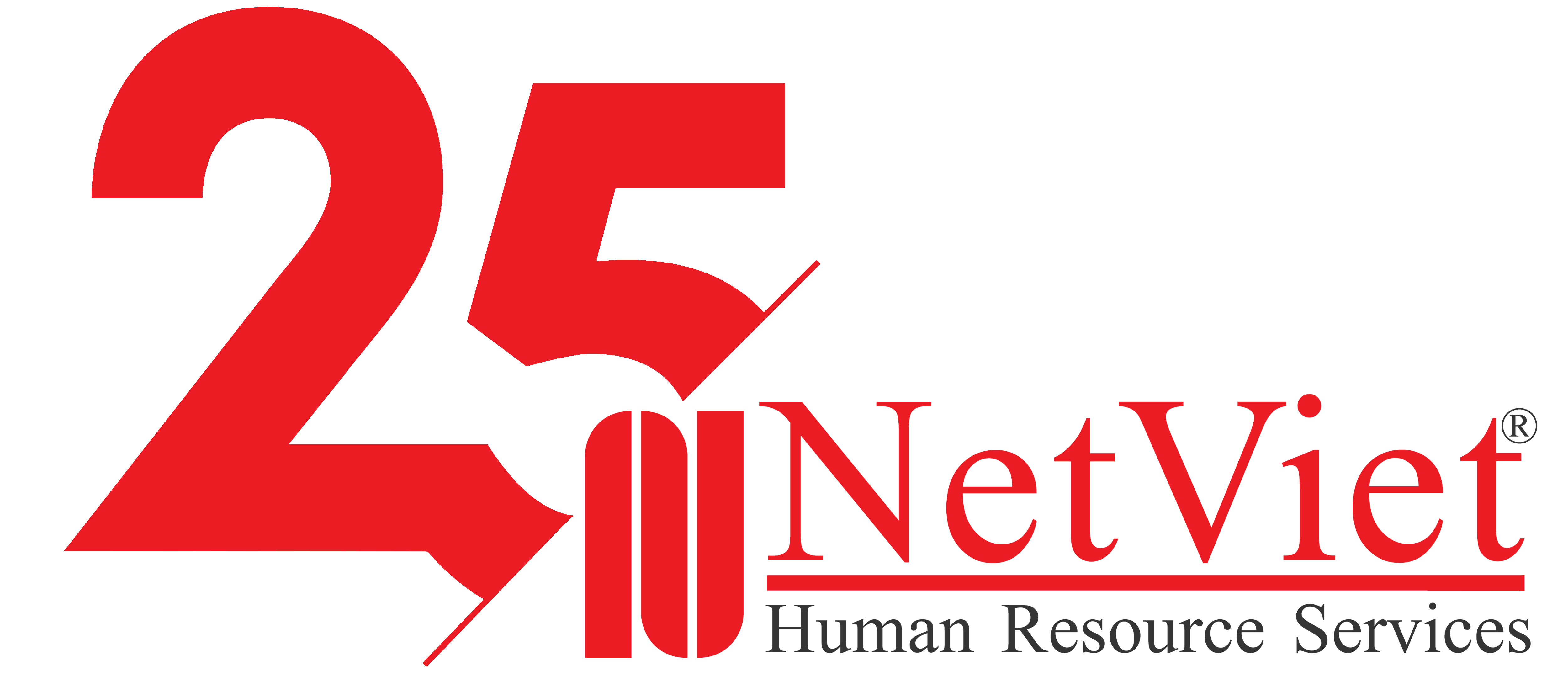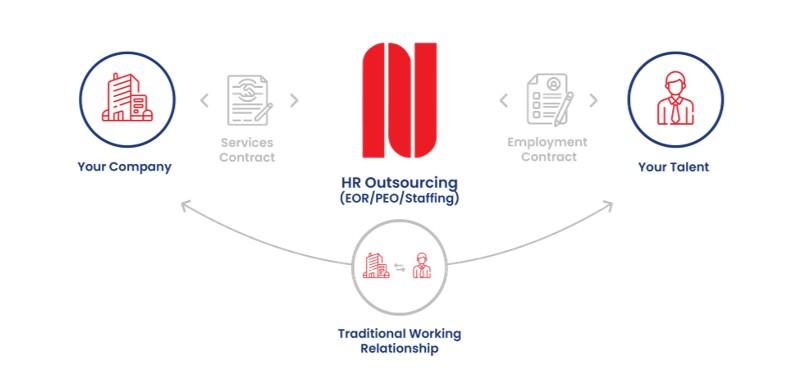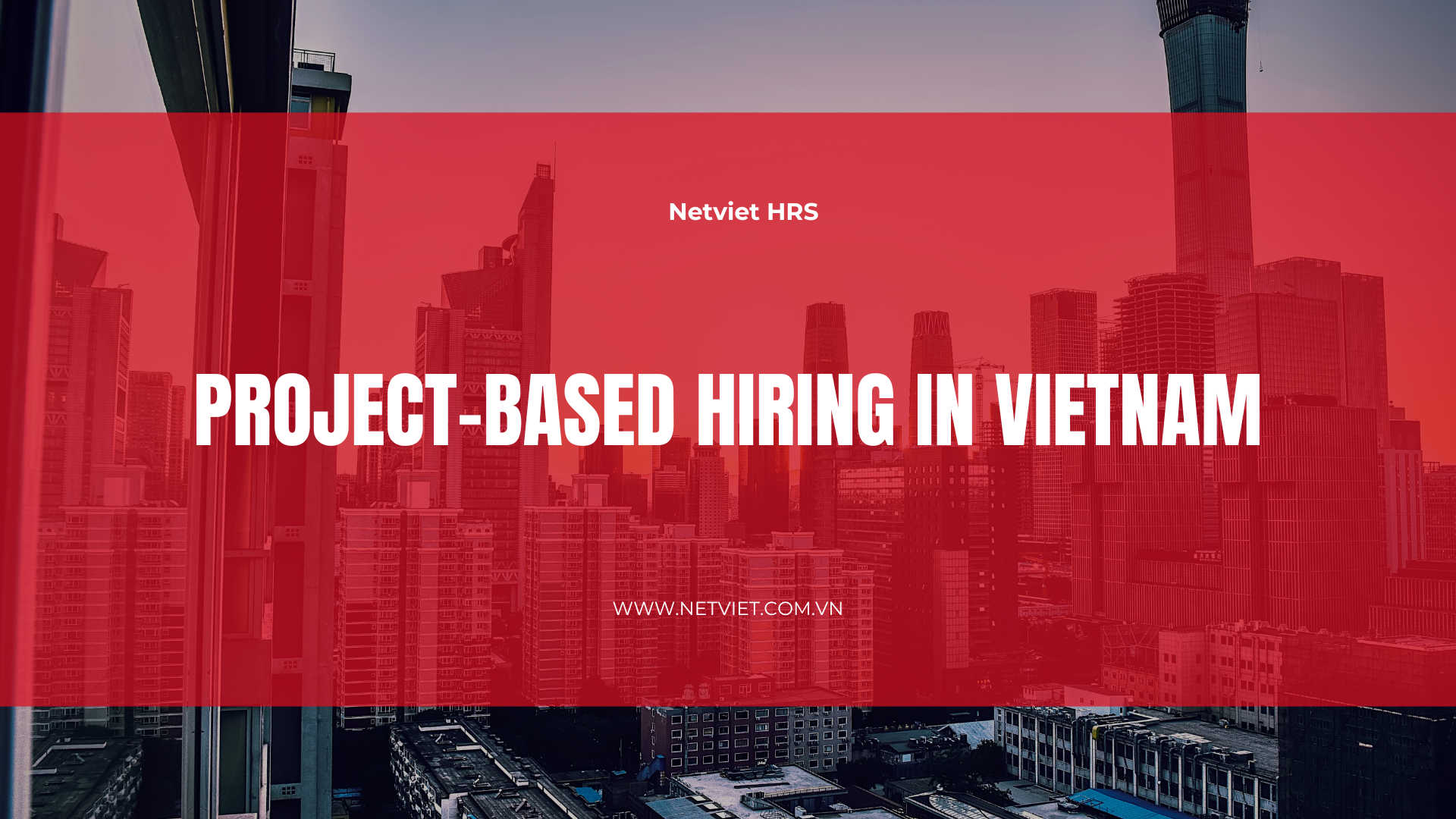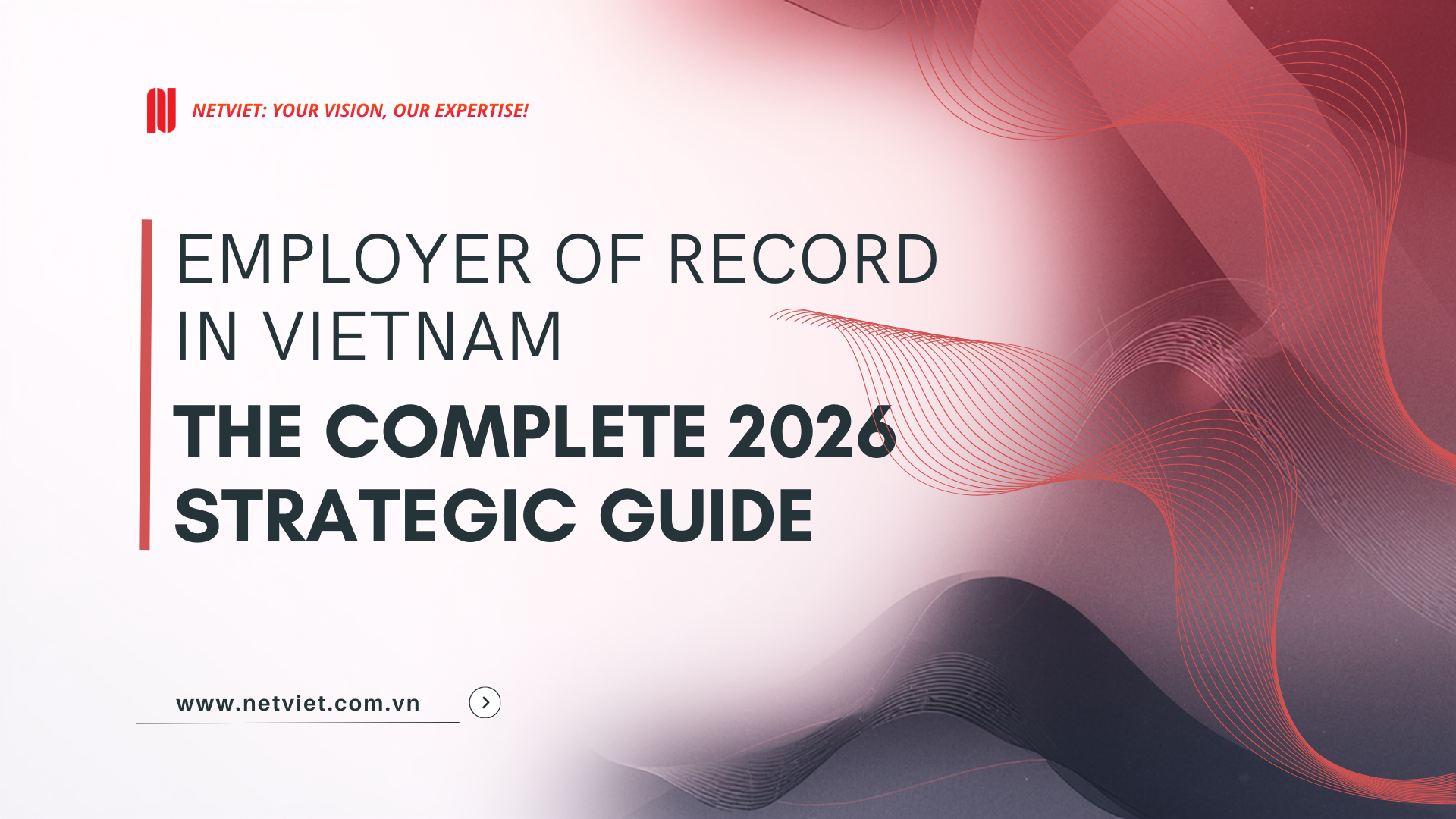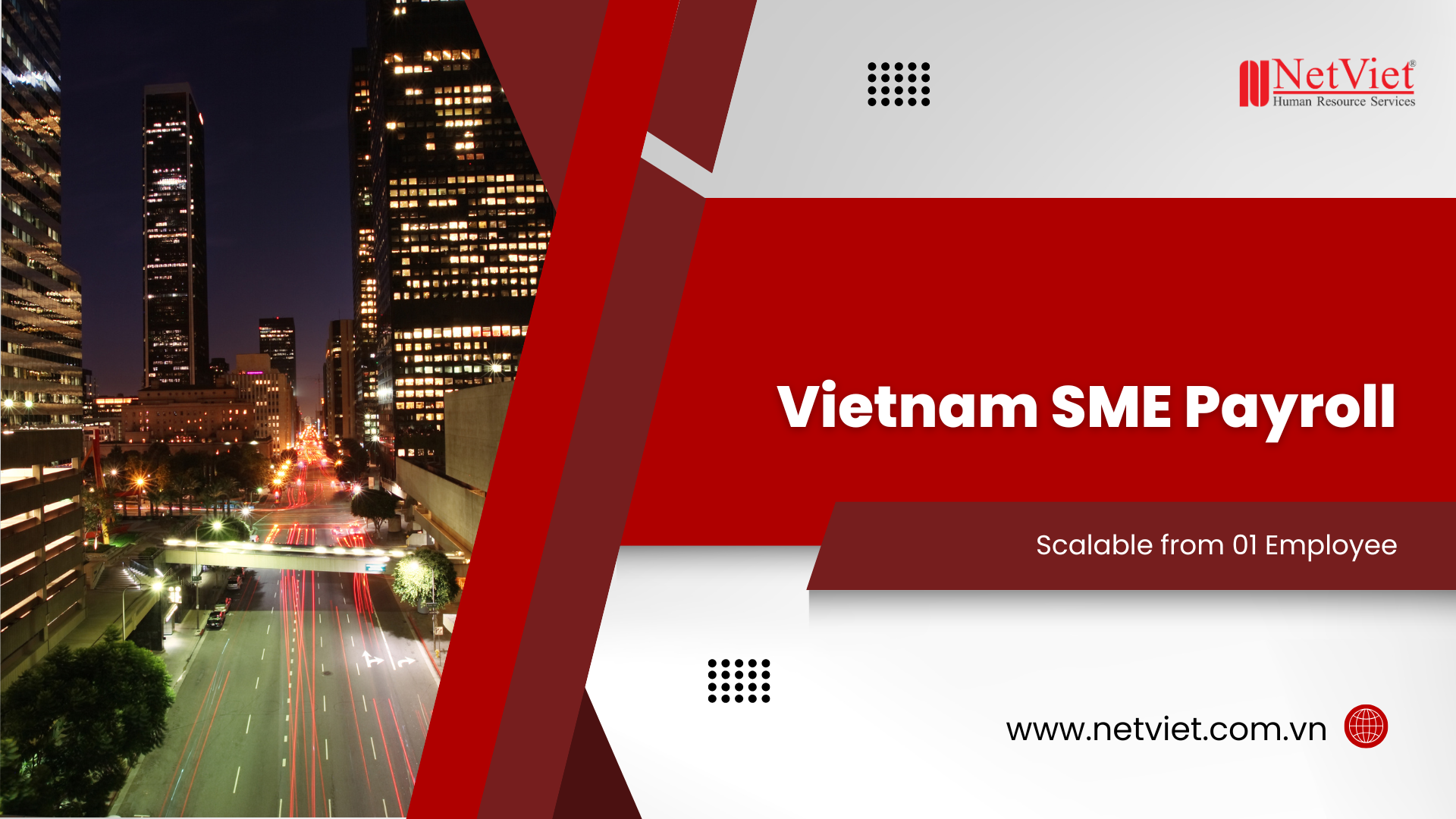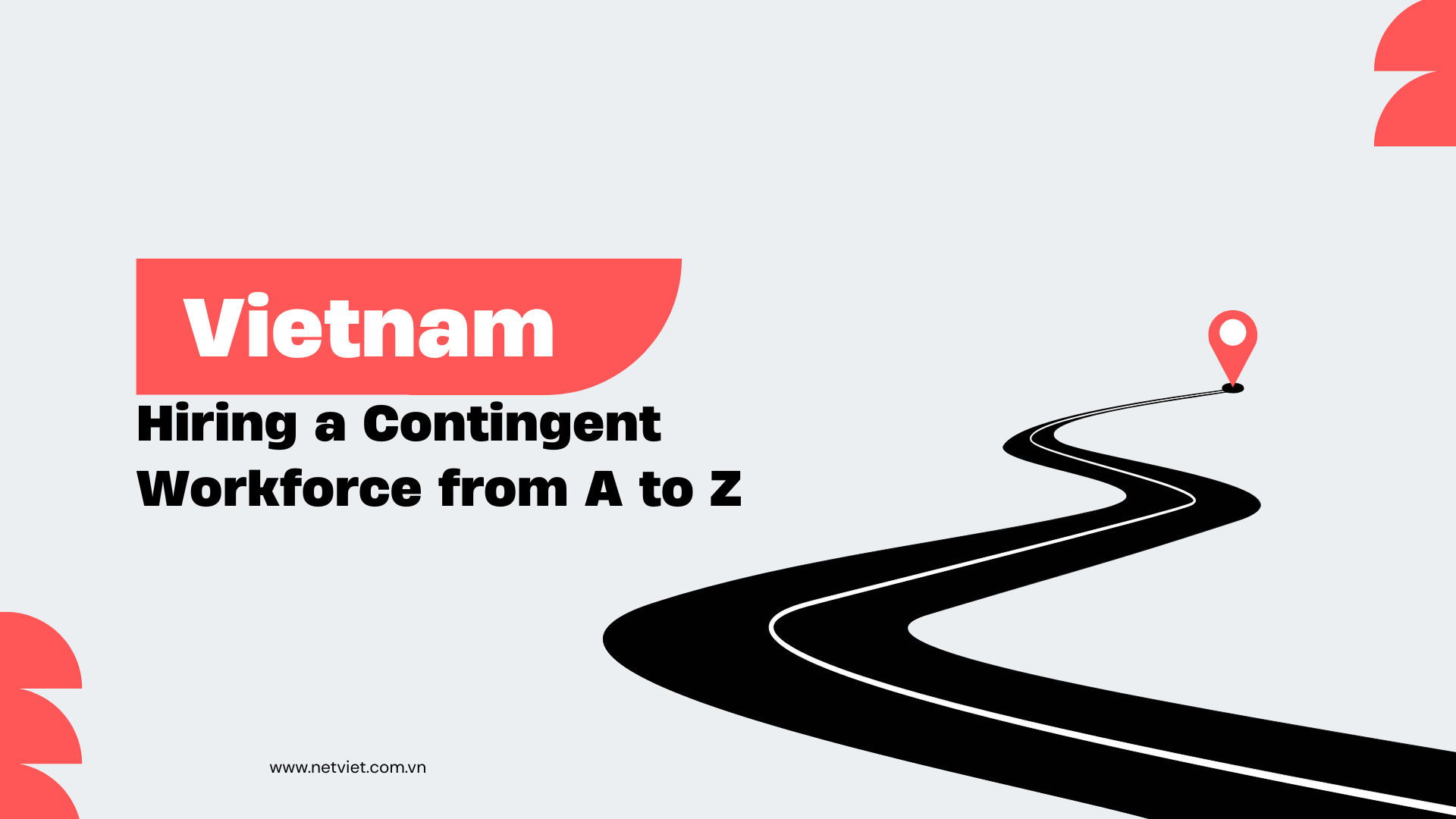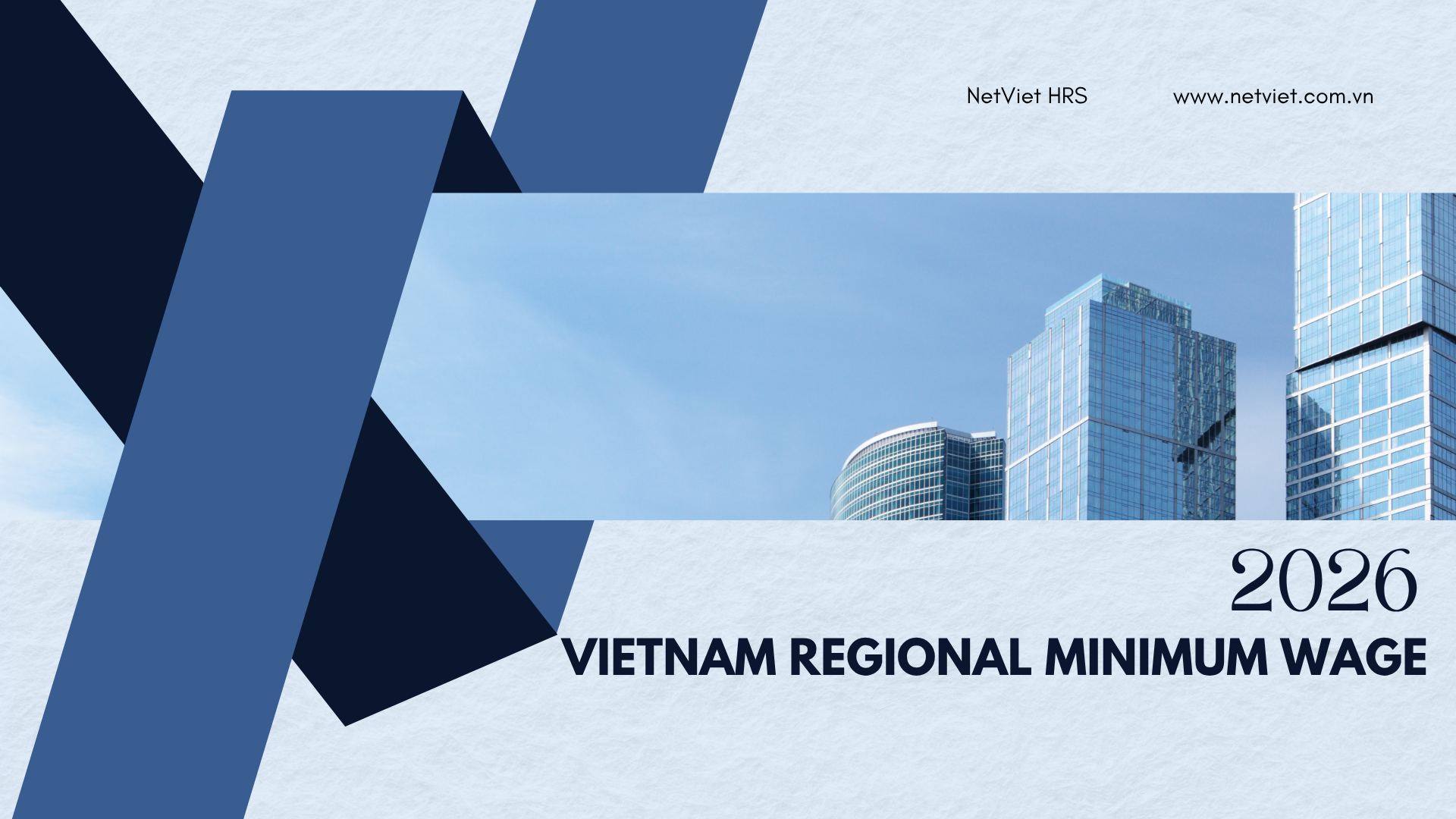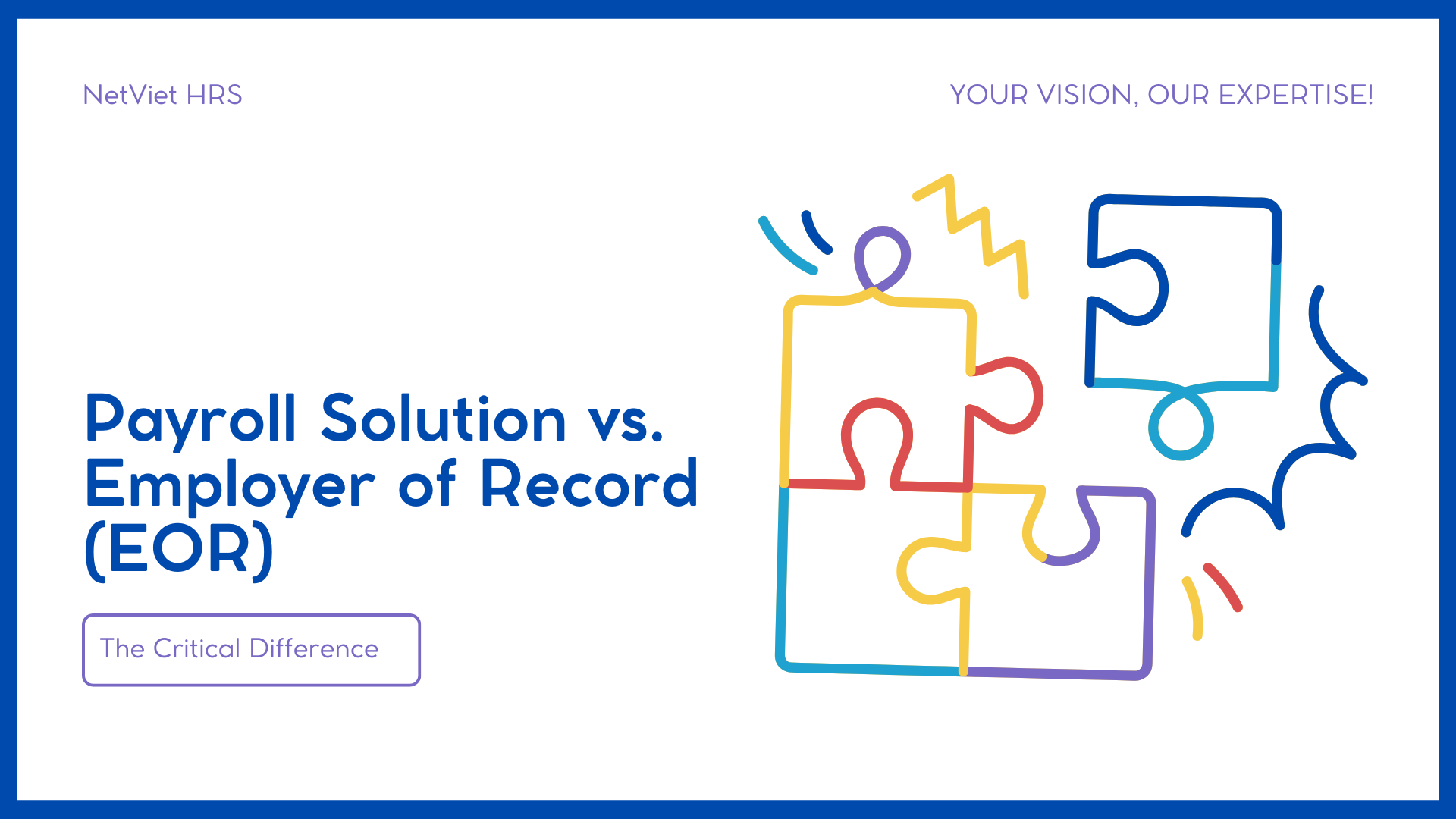Table of Contents
ToggleWhat Is Outsourcing?
Outsourcing involves contracting a third-party provider to handle specific business functions. This approach is flexible and applies to a variety of services, such as:
- IT Services: Software development, IT support
- Marketing Services: Content creation, social media management
- Manufacturing Services: Production, assembly
- Business Processes: Accounting, finance, human resources
Outsourcing allows businesses to focus on core operations by delegating non-core tasks to external specialists. For instance, payroll processing or digital marketing campaigns are commonly outsourced to expert providers.
What Is an Employer of Record (EOR)?
An Employer of Record (EOR) is a specialized service that acts as the legal employer for workers in a specific country. The EOR manages all administrative and legal responsibilities associated with employment, including:
- Recruitment and Onboarding: Managing job postings, resume screening, interviews, and employee onboarding.
- Payroll and Benefits Administration: Handling payroll, taxes, and employee benefits like health insurance and retirement plans.
- Legal and Compliance: Ensuring adherence to local labor laws and regulations.
- Human Resources Management: Managing performance reviews, employee relations, and terminations.
With an EOR, businesses can hire workers internationally without setting up a legal entity in the target country.
Key Differences Between Outsourcing and EOR
| Feature | Outsourcing | Employer of Record (EOR) |
|---|---|---|
| Scope | Broad business functions | Employment-related functions only |
| Legal Responsibility | Client retains responsibility | EOR assumes full legal and administrative duties |
| Employee Relationship | Employees report to the client | Employees are legally employed by the EOR |
| Control | Client maintains direct control | HR and compliance delegated to the EOR |
| Complexity | Varies by service scope | High complexity due to legal and compliance needs |
How to Choose Between Outsourcing and EOR
When deciding between outsourcing and EOR services, consider the following factors:
- Business Objectives: Are you aiming to reduce costs, expand into new markets, or gain access to specialized skills?
- Operational Scope: Do you need ongoing support for business functions or just help hiring international employees?
- Budget: What resources can you allocate to these services?
- Compliance Needs: What legal regulations apply in the target country?
- Control Level: How much oversight do you want over day-to-day operations?
- Risk Tolerance: Are you prepared to assume legal and financial risks in foreign jurisdictions?
By evaluating these factors, companies can determine whether outsourcing or an EOR best aligns with their international growth strategy.
Conclusion
Both outsourcing and utilizing an Employer of Record are effective solutions for businesses operating globally. Understanding their differences helps companies choose the approach that aligns with their goals and ensures compliance with international laws.
At NetViet, we simplify global expansion. Contact us today for expert consultation and discover how we can help turn your international growth ambitions into reality!
______________
NetViet offers comprehensive HR solutions for businesses entering or expanding in the Vietnamese market. Established in 2000, NetViet provides expert, seamless, and compliant HR solutions.
Follow NetViet for the latest industry updates and more:
- Phone: +84 28 6261 7310
- Email: info@netviet.com.vn
- Website: www.netviet.com.vn
- Facebook | LinkedIn | Twitter
